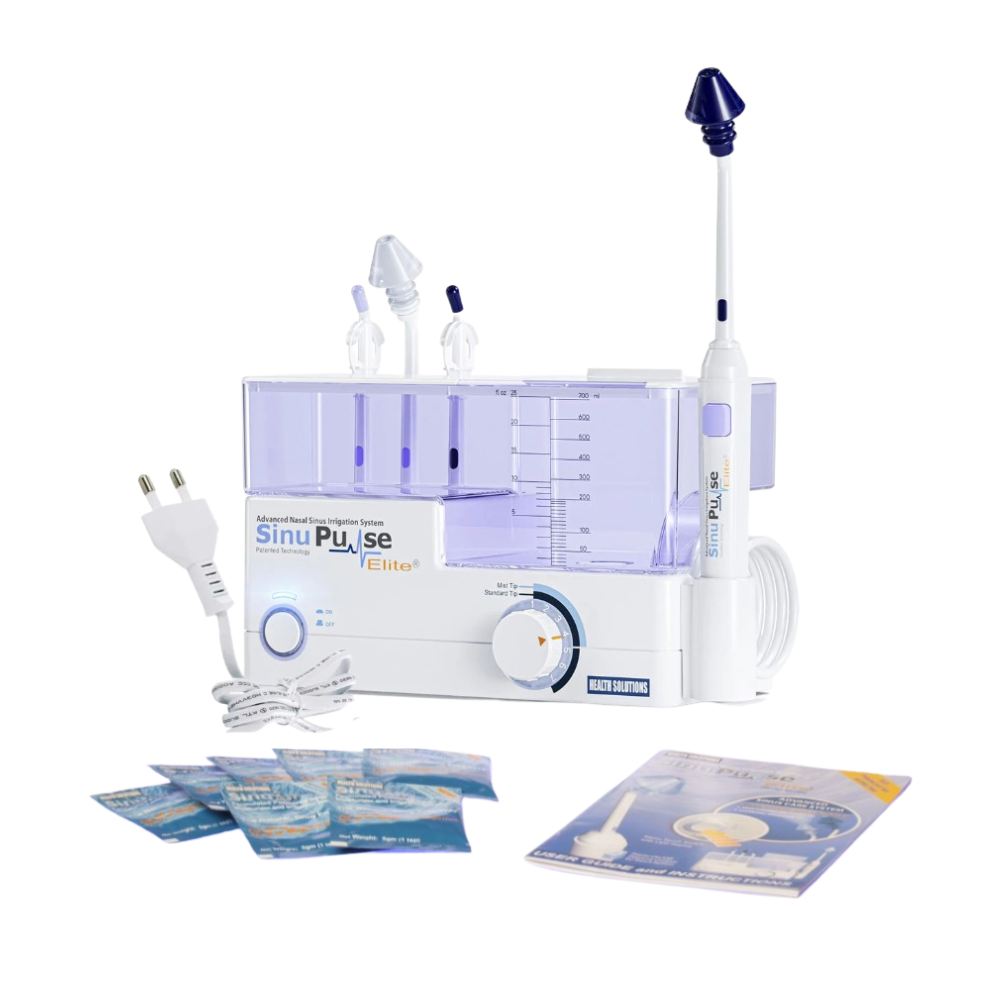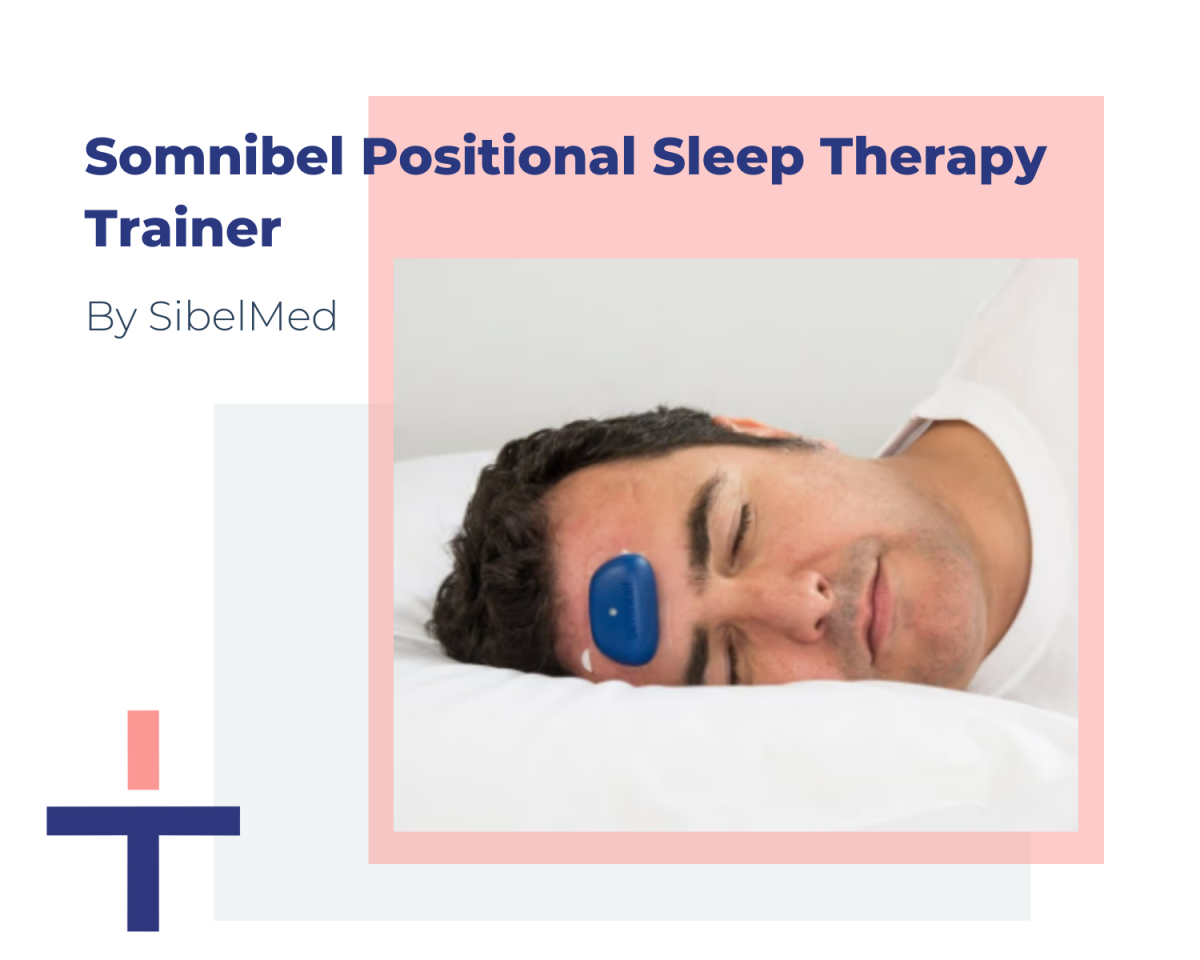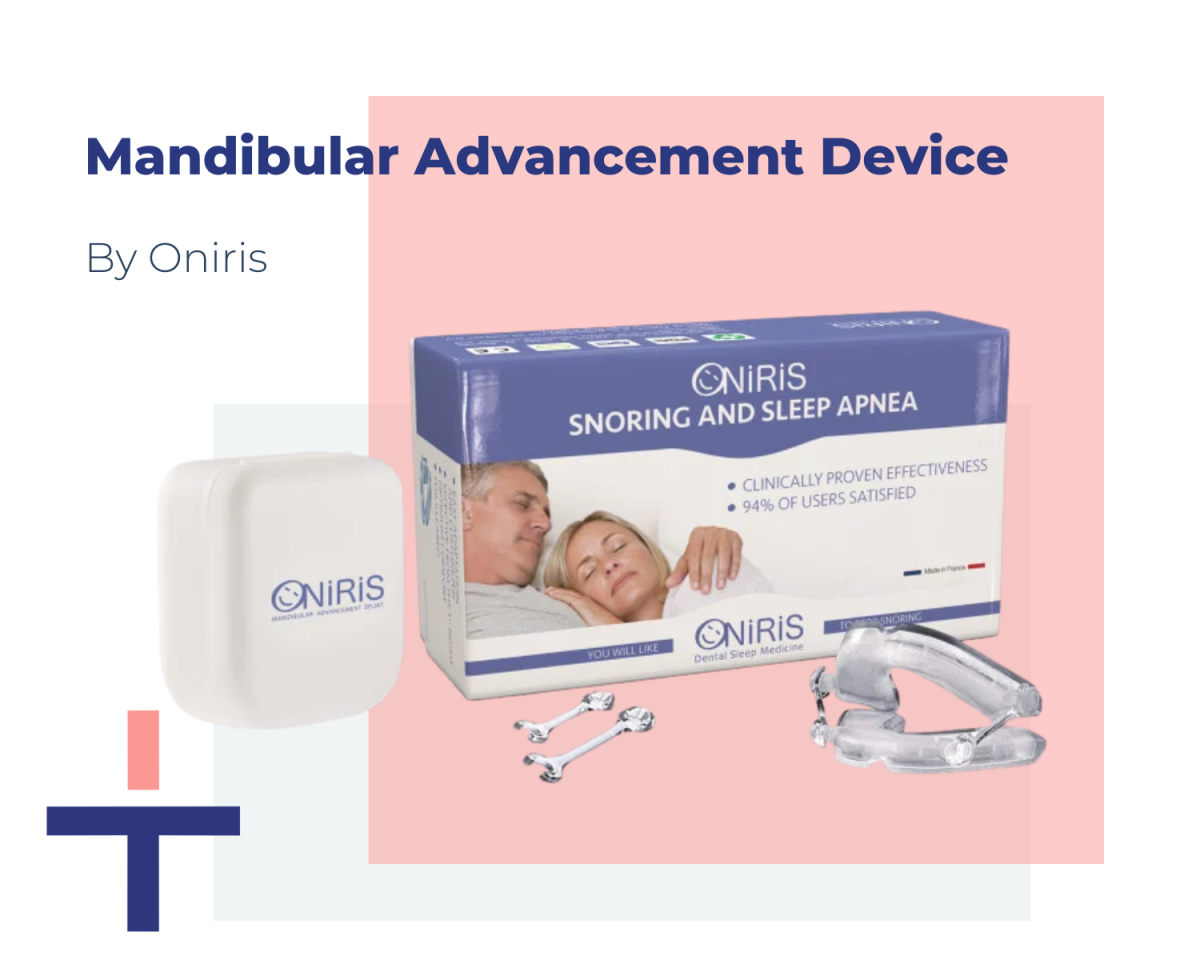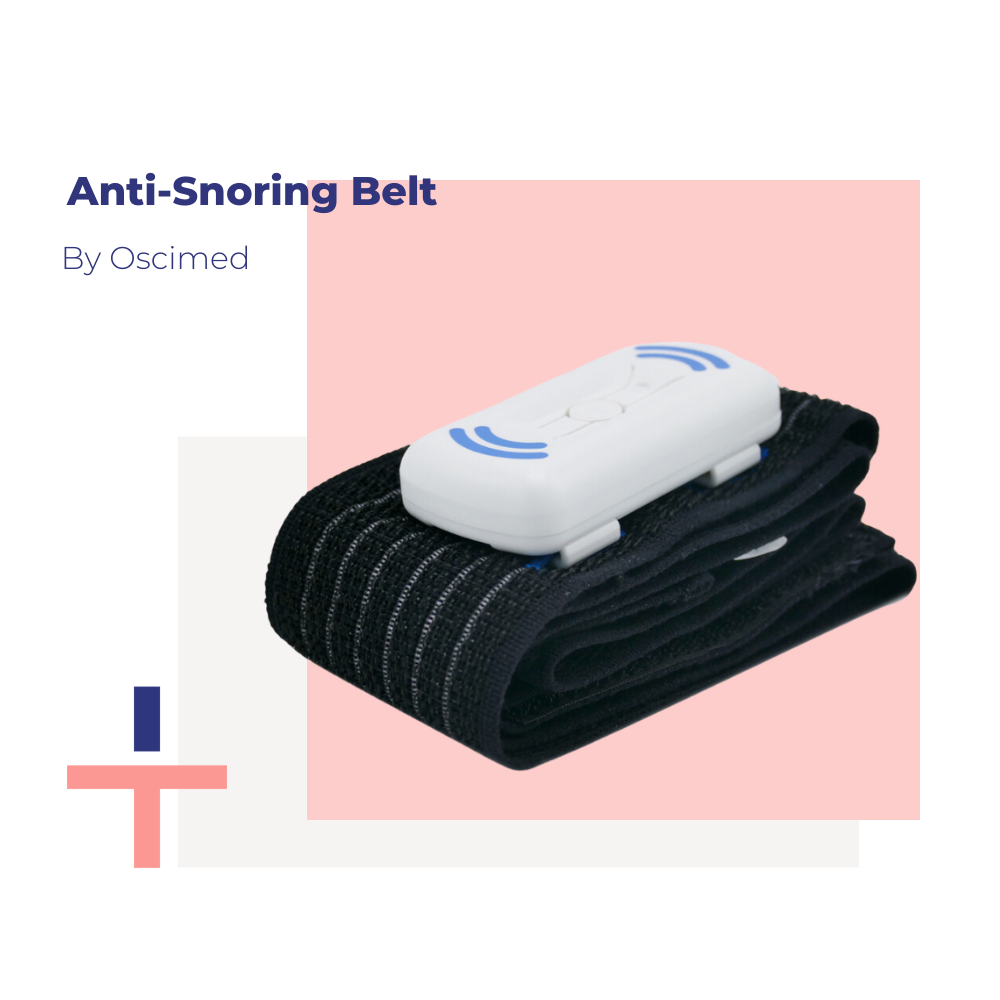Anti-Snoring Mouthguards and Oral Appliances
Oral appliances are a common anti-snoring solution, there are many different forms and types of the devices, including:
- Mouth guards and oral appliances known as Mandibular Advancement Devices (MADS): These are mouthpieces that are worn at night and hold the lower jaw in a slightly forward position to help keep the airway open. They fit inside your mouth and gently push your lower jaw forward to open your airway comfortably. Mandibular Advancement Devices are clinically proven anti-snoring devices and successful treatment for mild Obstructive Sleep Apnoea.
- Tongue Retainer Devices (TDRS): These small plastic oral devices go into your mouth to grip your tongue, holding it forward to prevent it from falling into the back of your throat, to prevent snoring. TRDS need to be fitted by a medical professional, which could be your doctor or dentist. The anti-snoring device must be rinsed with warm water before applied to your mouth, this makes the plastic more flexible and fit securely.
To prevent infection, bacteria and the smell of odours, these oral devices need to be cleaned daily with hot water. You can use denture-cleaning solution to help keep it clean. The devices are to be stored in a dry and cool environment in its protective container. Each type of oral appliance can last over a year when taken care of correctly.
You should not use any mouthwash that contains alcohol as it can dry out the plastic and damage your appliance.
What to do when someone is snoring and you can’t sleep?
Are you kept awake by someone’s snoring? Here are some tips to help you block out the snoring and get to sleep:
- Wear foam earplugs
- Try to go to sleep before they do
- Listen to a white noise machine
- Wear sleep headphones
- Listen to music, an e-book, a podcast or mindfulness meditation
- Try to move the snorer into a different sleeping position to help open their airways
- Sleep in another room





